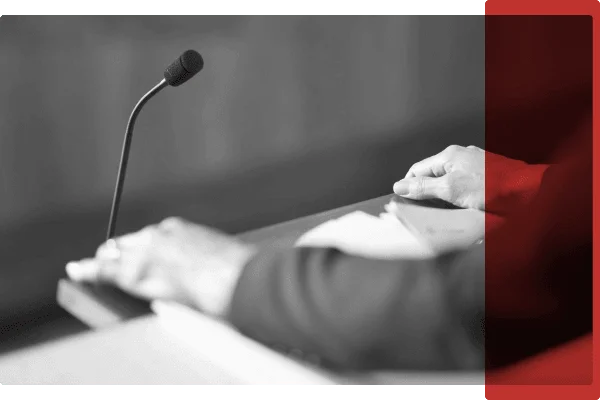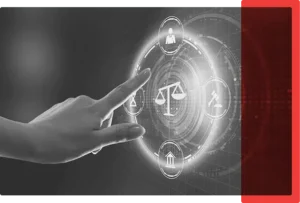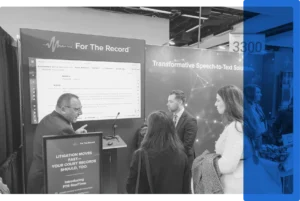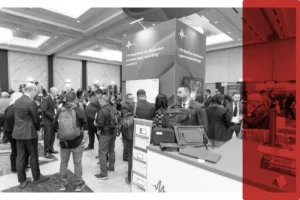
04 Apr
2024
Capturing the Court Record in California: Shifting Dynamics
In a recent FOX 11 Los Angeles segment, David Slayton, CEO of the Los Angeles Superior Court (LASC), announced there are more than 100 court reporter vacancies that the jurisdiction has been unable to fill. Judge Samantha P. Jessner noted, “For Los Angeles, it was about $9 million that the legislature provided for recruitment and retention efforts—and we undertook vigorous and generous recruitment and retention, only to end up with minus 7 court reporters.” According to the Court’s website, the compensation for LASC court reporters starts at $120,000 annually, with a full benefits package and new hire incentives of up to $70,000.
During the Fox 11 segment, Associate Superior Court Judge Sergio Tapia attributed the multitude of vacancies to demand in the higher-paying private sector, where court reporters command up to $4,000 per day in California, according to a 2023 Bloomberg Law article.
Given the dynamics of this specialized labor market and the importance of preserving a record, courts such as LASC have installed digital recording systems to fill the gap between court reporter supply and demand.
Court Reporter Associations Driving Misinformation
Despite the undeniable need, the LA County Court Reporters Association vocally opposes the use of such technology, echoing misleading information more widely supplied by the California Court Reporters Association (CCRA) and the National Court Reporters Association (NCRA).
Take, for example, the CCRA’s claim that digital recording technology fails to capture people speaking over one another during proceedings. Modern systems, like those installed in LASC’s courtrooms, include strategically placed microphones, audio processing that reduces background noise, and multiple audio channels that allow the voice of a single speaker to be isolated—regardless of over talk. The result is a complete record of clear audio that enables future production of a certified transcript and provides assurance of transcript accuracy. The argument that court reporters produce a superior transcript simply by virtue of their courtroom presence fails to consider the limits of a single person’s attention and auditory faculties. Moreover, the argument fails to consider proceeding delays associated with court reporter interruptions.
Campaigns Against Legislative Progress
Although the CCRA crusades against digital court recording technology, it does not offer a solution for jurisdictions like LASC, where almost $10 million has been provided by the state in a fruitless attempt to fill LASC’s 100+ court reporter shortage. The concept of access to justice, which includes access to a court record and the subsequent right to appeal that a record affords, remains an afterthought in this crusade, as evidenced by the CCRA’s extensive lobbying efforts.
Recently, the CCRA campaigned against California S.B. 662, a bill that sought to authorize the use of digital recording technology in civil matters—when court reporters are not available. The bill failed, in large part due to the concerted efforts of organizations like the CCRA that represent the financial interests of court reporters. Now, many California jurisdictions must simultaneously contend with a shortage of court reporters and laws restricting the use of digital recording technology. In such jurisdictions, it is increasingly common for courts to forgo capturing any official record.
Impact on Access to Justice
The implications are profound—and dire—for litigants. Without an official court record, litigants cannot appeal. To put it another way: only litigants with the means to hire a private court reporter can be assured of full access to justice.
Preserving a record of proceedings is fundamentally a public service. A court record should not be a burden on people with limited resources, nor should it be an advantage afforded only to people with the financial means to hire a private court reporter. LASC CEO David Slayton asserted, “It’s really a constitutional crisis because people have lost rights that they would otherwise have.”
Digital recording and speech-to-text technology provide a safety net for courts and litigants. Capturing an audio and video recording of proceedings to revisit—whether to play back during proceedings, refer to during certified transcript production, or use to prepare trial strategy—fills a vital need and reflects the modern world in which we live.
For The Record supports the California Courts and their ongoing efforts to serve the public and administer justice.



